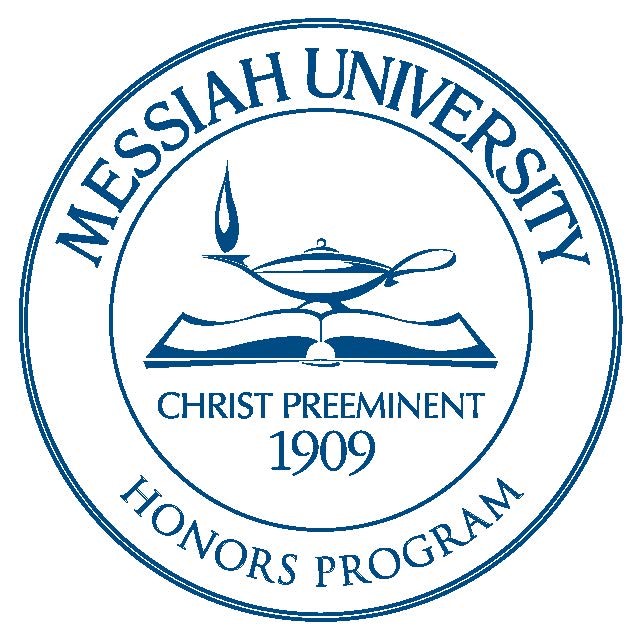Date of Award
Spring 4-2017
Document Type
Thesis
Degree Name
Bachelor of Arts (BA)
Department
Psychology, Criminal Justice and Sociology
Abstract
Food waste is a multi-faceted issue that affects societies on a social, economic, and environmental level. In 2014, more than 38 million tons of food were thrown away in the United States, with the Food Recovery Network estimating that institutions of higher education contributed approximately 22 million pounds of food waste that year. Institutions of higher education are increasing their efforts to reduce their food waste through participation in initiatives such as edible food recovery programs. Under these programs, institutions divert edible food from the waste stream and donate that food to people facing food insecurity. This study examines the drivers of an institution’s decision regarding the adoption of an edible food recovery program. To study this decision, I collected data from over 100 four-year member institutions of the Association for the Advancement of Sustainability in Higher Education. My conceptual framework allows for the heterogeneous characteristics of these institutions to affect the weights that they place on the benefits and costs of an edible food recovery program. Various patterns emerged from the data: Primarily, an institution’s sustainability mindset, its location, and its size have significant effects on its decision to adopt an edible food recovery program. These findings contribute to understanding why certain institutions adopt an edible food recovery program and others do not.
Recommended Citation
Chun, Danielle, "The Drivers Behind Edible Food Recovery Programs at Institutions of Higher Education" (2017). Honors Projects and Presentations: Undergraduate. 26.
https://mosaic.messiah.edu/honors/26


